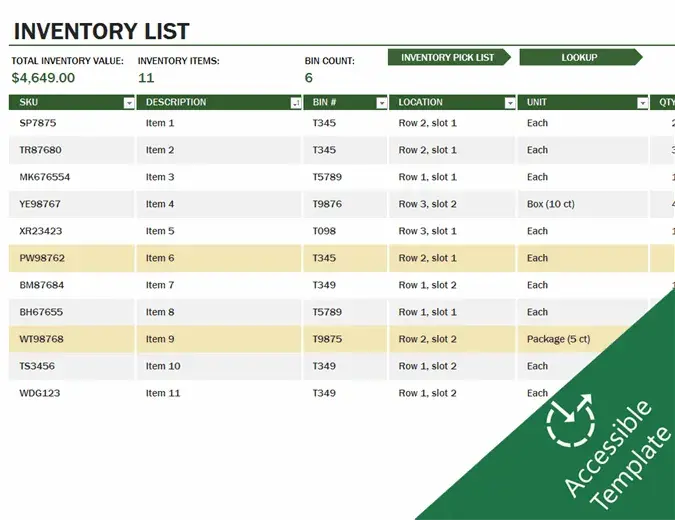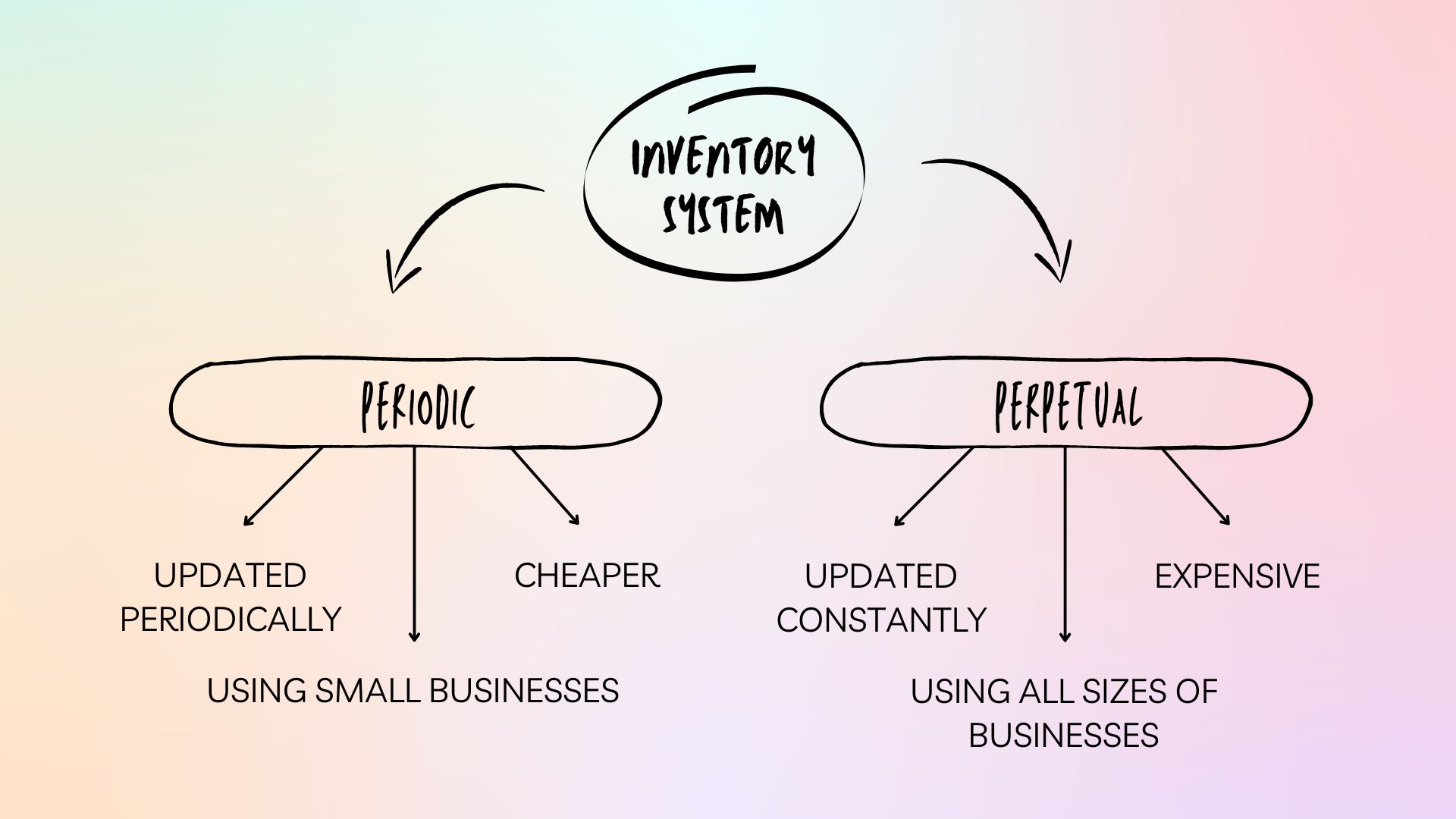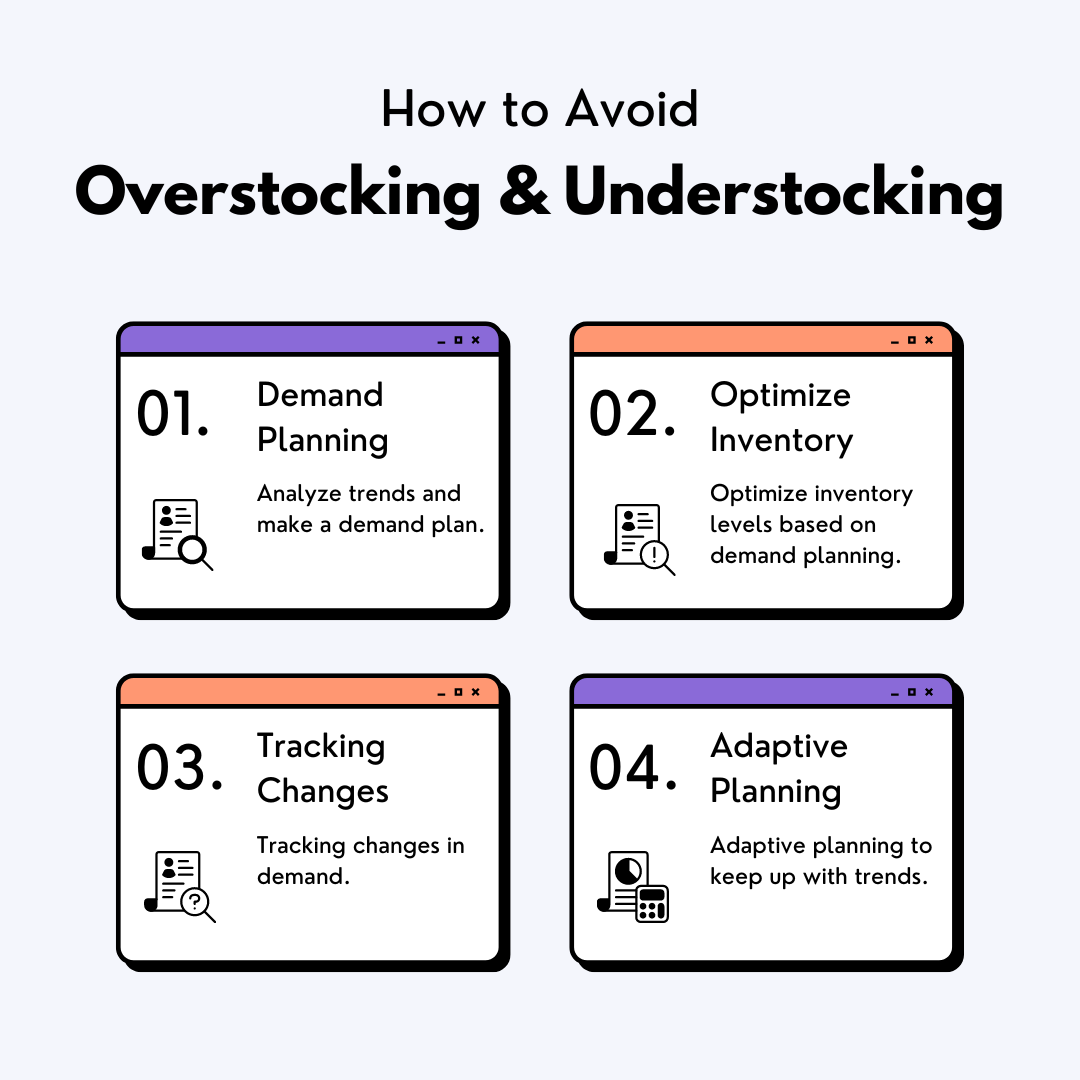
Master Your Stock with Excel Inventory Management Solutions
Welcome to our comprehensive guide on Excel Inventory Management solutions! Here at our company, we understand the importance of stock control and efficient inventory management. That’s why we’ve put together this guide to help you gain control over your stock levels and improve business efficiency. With the help of Excel Inventory Management, you can streamline your inventory management process and gain valuable insights into […]
Read More
SKU or Stock Keeping Unit – Meaning, Benefits, Challenges & Best Practices
SKU stands for Stock Keeping Unit, which is a unique identifier assigned to each product or item in a company’s inventory. The purpose of a SKU is to provide a numerical or alphanumerical code that can be used to easily track and manage a company’s products, including stock levels, pricing, and sales information. SKUs are […]
Read More
Periodic vs Perpetual Inventory System: Definition, Differences, Advantages, and Disadvantages
A periodic inventory system is an inventory control method where the inventory status is updated at the end of a specific period, rather than after every sale and purchase. In contrast, In a perpetual inventory system, inventory status is continuously updated after every sale and purchase. This method updates data in real time, which allows […]
Read More
Understanding the Key Components of an Income Statement
An income statement, also known as a profit and loss statement, is a financial report that shows a company’s revenue, expenses, and net income (or loss) over a specific period of time. It provides a summary of a company’s financial performance during the period covered by the statement. Importance of Income Statements for Businesses: Income […]
Read More
What Is a Balance Sheet and Why Is It Important for Businesses?
A balance sheet is a financial statement that provides a snapshot of a company’s financial position at a specific point in time. It lists the company’s assets, liabilities, and equity. The balance sheet follows the accounting equation, which states that assets must equal liabilities plus equity. The purpose of the balance sheet is to provide […]
Read More
Accounting 101: Key Accounting Terminology and Concepts
Accounting is the process of recording, summarizing, analyzing, and reporting financial transactions of a business or an organization. This includes identifying, measuring, and communicating financial information to internal and external stakeholders to assist in decision-making, planning, and controlling financial resources. The primary goal of accounting is to provide accurate and reliable financial information that can […]
Read More
Accounting Basics: Introduction to Financial Statements
Accounting is the process of recording, classifying, and summarizing financial transactions to provide information that is useful in making business decisions. Accounting plays a crucial role in businesses of all sizes, from small startups to large corporations, as it enables them to keep track of their financial activities and assess their financial performance. In this […]
Read More
Saas Inventory Management vs Web Based Inventory System
Software as a Service (SaaS) and web applications are two terms you see all the time now. When evaluating the right option to implement in your business, you have to know the similarities and differences between the two’s to choose the perfect one based on your business. What is SaaS (Software as a Service) inventory […]
Read More
Revolutionize Your Business with Inventory Automation Today
Inventory Automation is a state-of-the-art solution designed to optimize inventory management. With automated systems in place, your business can benefit from accurate real-time inventory tracking, efficient order management, and accurate demand forecasting. Additionally, Inventory Automation can enhance your supplier management processes, allowing for timely replenishment and improving overall supply chain efficiency. With all these benefits, it’s no wonder that Inventory Automation […]
Read More
Inventory Mastery: Avoiding Overstocking and Understocking
Overstocking refers to having more inventory than necessary to meet customer demand. Overstocking ties up cash and increases costs for both operations management and holding rents. As a result, your profitability is reduced. Overstock is also referred to as excess stock, excess inventory, stock surplus, or surplus inventory. Understocking means that you do not have […]
Read More